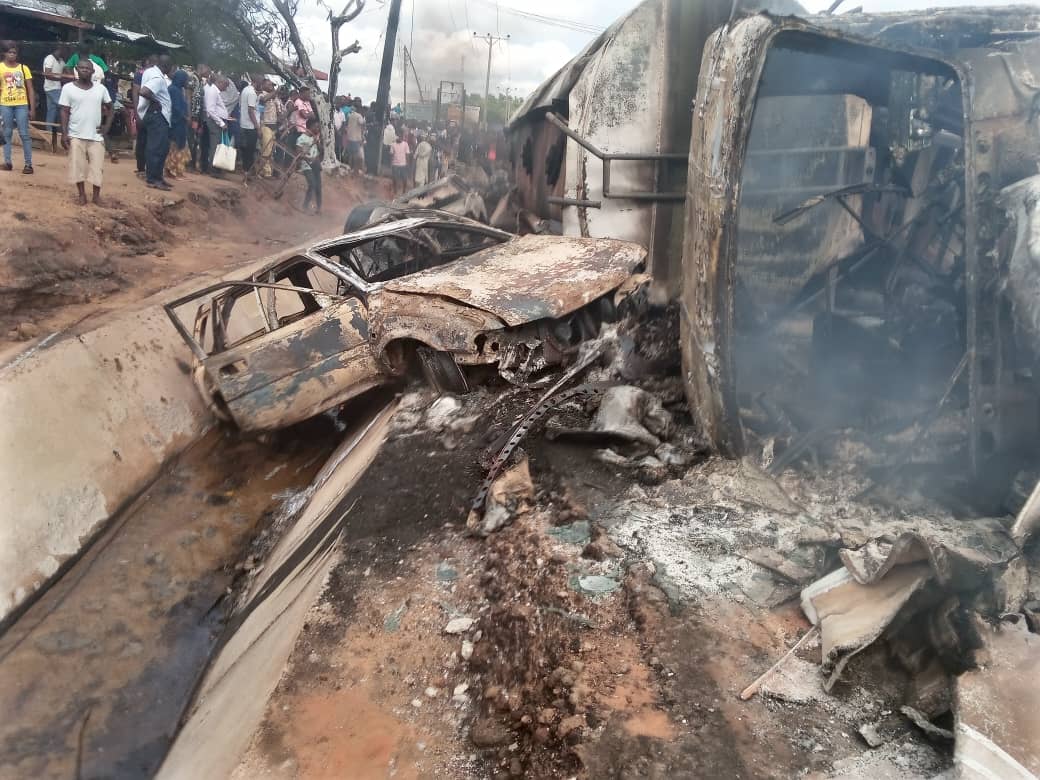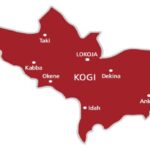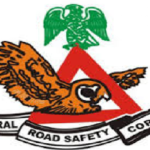The tanker accident at Felele, Lokoja on Wednesday, September 23, 2020, killing as many as 23 persons, graphically presented the imagery of negligence of social infrastructure and the abuse of highway code in Nigeria.
The accident has left many families with lamentations over irreparable losses and, as usual, both the federal and state governments have issued their formulaic statements of sympathy with victims.
Though the deaths were caused by the explosion of a petrol tanker, the accident was avoidable, as it would not be the first time that such deaths would take place at Falele in Lokoja.
For over a decade now, Felele has witnessed recurring accidents, with many lives lost.
Significantly, there were accidents there on December 26, 2007; March 9, 2010; July 28, 2017; November 18, 2019; January 13, 2020; and now September 23, 2020.
In a saner society, a killer-spot like Felele would never be allowed to cheaply consume so many human lives.
It beats the imagination why that portion of the essential highway has not been fixed in spite of the frequent media outcry over its dilapidation.
Kogi State Governor, Yahaya Bello, on the day of the accident quickly rushed to the office of the Minister of Works, Mr Babatunde Fashola, to solicit for federal government’s intervention on the deplorable federal roads in Kogi State.
It is totally unacceptable for a governor to wait until such loss of lives before making such an appeal. Governor Bello, who has held sway in Kogi for more than five years now, should have been proactive, or even lobbied President Muhammadu Buhari over this death-trap long before now.
To show his love for his people and those who use federal roads in his state, he should have followed the examples of several governors who rehabilitated federal roads and later sought reimbursement from the federal government.
Apart from the failure of the federal government to maintain its roads in Kogi, Governor Bello’s failure to put to use the Mega Park built by his predecessor, Ex-Governor Idris Wada, might have contributed to the risk motorists are exposed to at Felele.
The park, which is not too far from the scene of the tanker accident, could take over a thousand vehicles at a time and has facilities for vehicle repairs and maintenance.
It is not clear why the park, which would have eased traffic on the highway, was not put to use, years after it was constructed and even renovated by Governor Bello.
Political rivalry is blamed for the abandonment of the park, but it is indiscretion to put human lives at risk just because the governor wanted to put down or understate the positive impacts made by his predecessor in Kogi State.
The accident was attributed to the failure of the tanker’s brake.
It amounts to criminal negligence on the part of vehicle owners and drivers to put faulty vehicles on the highway.
In most cases, before brake failure occurs, it must have given a warning signal to the driver.
Often, drivers ignore those indicators and put the vehicles on the highway.
It is time to prosecute drivers and vehicle owners that cause the kind of deaths that occurred in Felele, Lokoja.
They should be prosecuted for murder due to negligence.
Unless punitive measures are put in place to deal with such negligence, such accidents would continue to occur, Nigerians would continue to mourn avoidable losses of their loved ones, and the government would continue to issue ‘say-nothing’ sympathy messages without taking preventive measures.
Government agencies like the Vehicle Inspection Office (VIO), which should ensure that vehicles put on our roads are roadworthy; the Federal Road Safety Corps (FRSC), which monitors drivers’ conducts on the highway; and FERMA, which should maintain these roads, should be conscientious about their responsibilities.
Unfortunately, the first two are more aggressive about generating revenue for their agencies, which is not their primary assignment. Saving lives is more important than revenue generation.

 Join Daily Trust WhatsApp Community For Quick Access To News and Happenings Around You.
Join Daily Trust WhatsApp Community For Quick Access To News and Happenings Around You.


